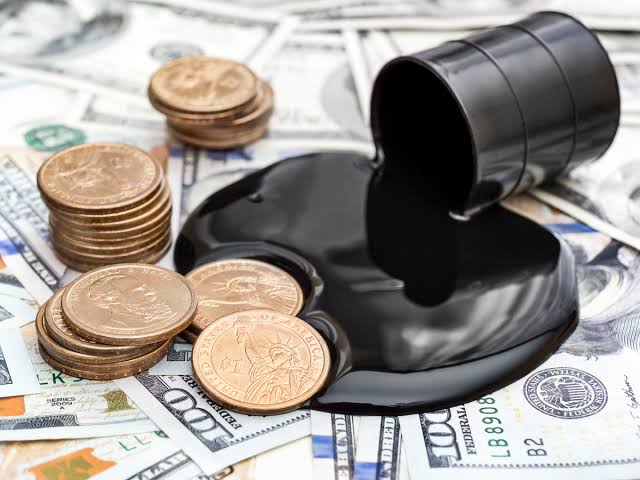Oil prices fell sharply on Friday after China unveiled retaliatory tariffs against about $75 billion worth of U.S. goods, marking the latest escalation of a protracted trade dispute between the world’s two largest economies.
Brent crude futures LCOc1, the international benchmark for oil prices, fell 88 cents to $59.04 a barrel by 1327 GMT.
U.S. West Texas Intermediate (WTI) crude futures CLc1 slid by $1.33 to $54.02.
“Policymakers and investors remain cognisant of the economic headwinds that are gathering force, given that the U.S.-China trade conflict threatens to drag on for longer,” said FXTM market analyst Han Tan.
China’s commerce ministry said it would impose additional tariffs of five per cent or 10 per cent on a total of 5,078 products originating from the U.S., including agricultural products such as soybeans, crude oil and small aircraft.
Market attention was also focused on a speech by U.S. Federal Reserve chief, Jerome Powell, at a meeting of global central bankers at Jackson Hole, Wyoming, hoping for news on whether it would cut interest rates for a second time this year to boost the U.S. economy.
Meanwhile, St. Louis Federal Reserve Bank President, James Bullard, said policymakers would have a “robust debate” about cutting U.S. interest rates by half a percentage point at their next policy meeting in September.
Harry Tchilinguirian of BNP Paribas said the market had some other bearish data, noting a rise in Saudi Arabian oil exports, while Russia’s crude output moved above its quota under an OPEC+ agreement.
He also pointed to Russian oil major, Rosneft, helping to ship Venezuelan oil to China and India.
OPEC, Russia and other producers have, since Jan. 1, implemented a deal to cut output by 1.2 million barrels per day.
The alliance, known as OPEC+, renewed the pact in July, extending the curbs to March 2020 to avoid a build-up of inventories that could hit prices.
Iran’s foreign minister said talks held on Friday with French President Emmanuel Macron about a landmark 2015 nuclear deal were “productive”.
Iran has said it would scale back compliance with the pact unless the Europeans find a solution enabling Tehran to sell its oil despite U.S. sanctions.




